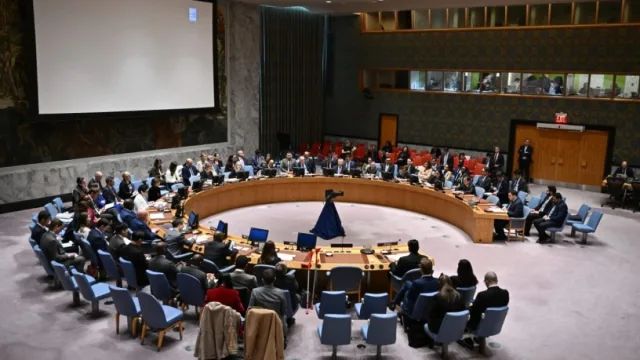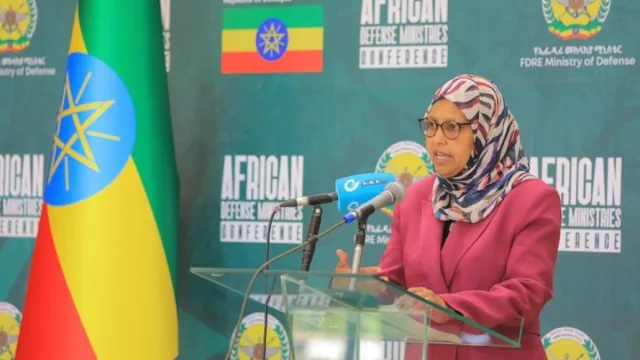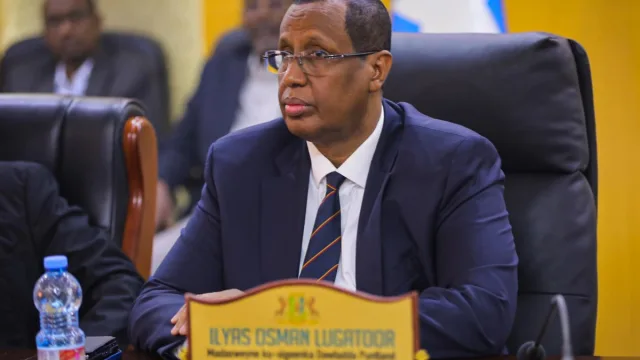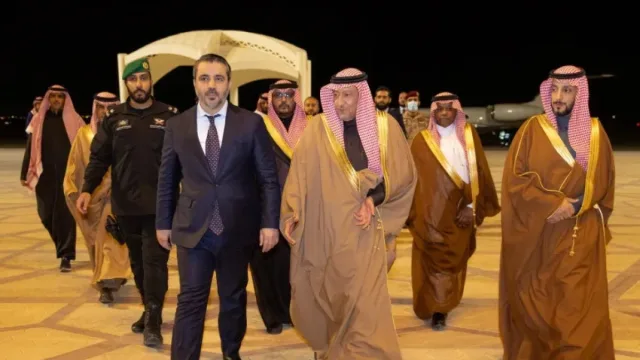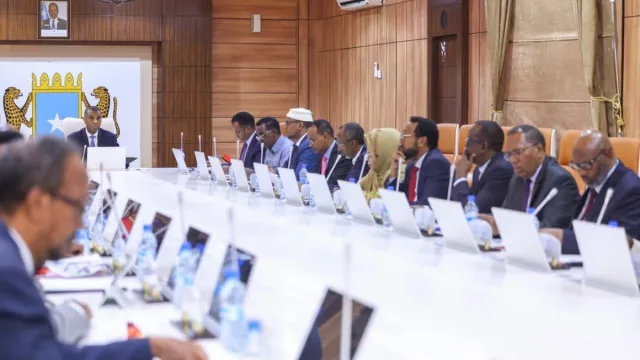Children under five years old make up almost half of patients injured in a recent bout…

Children under five years old make up almost half of patients injured in a recent bout of fighting for control of Somalia’s capital, Mogadishu, the World Health Organisation (WHO) said on Tuesday.
In May, 735 children under the age of five were brought to Mogadishu’s three main hospitals with weapon-related injuries, during a two-week offensive by African Union peacekeepers advancing on the Bakara market base of hard-line Islamist group Al Shabaab.
“This is the highest number of injured children that has been reported since the beginning of this year,” Marthe Everard, WHO’s representative for Somalia, said in a statement.
“Many children are suffering from very severe wounds, burns and other injuries due to bullets, blast injury and shrapnel.”
Children under five made up 46 percent of patients in May, compared to 3.5 percent in April.
Hospitals lack basic equipment like operating tables, surgical instruments and medical supplies.
“The health facilities are getting overstretched to deal with the huge number of war-wounded children,” said Pieter Desloovere, WHO Somalia’s communications officer.
“In an emergency, people get treated by just lying on the ground.
More than 3,900 injured civilians have been admitted to Mogadishu hospitals this year after being caught up in battles on the city’s streets.
WHO has provided specialised training to 50 Somali doctors and nurses treating injured children, whose small bodies are particularly vulnerable to internal injuries and rapid heat loss that leads to death.
DRIVEN BY DROUGHT
Fighting has been concentrated around Mogadishu’s densely-populated alleyways of Bakara market, a magnet for poor families fleeing drought elsewhere in the country.
“Linked to the drought, a lot of displaced people have been moving to Mogadishu and they are looking for accommodation,” Desloovere said. “Most of them actually go towards Bakara market since the rent… is actually the cheapest.”
Somalia has suffered 20 years of civil war, and has experienced severe drought since the failure of the October rains, with malnutrition rates reaching a seven-year peak.
Its endless woes have contributed to donor fatigue. Only 16 percent of the $58.8 million requested by the United Nations to meet health needs in Somalia in 2011 has been received.
Experts predict the government and African Union peacekeepers will continue to fight for control of Bakara market, which is a key source of funding for Al Shabaab rebels and a base from which to strike key government positions.
By Katy Migiro
Source: Reuters
